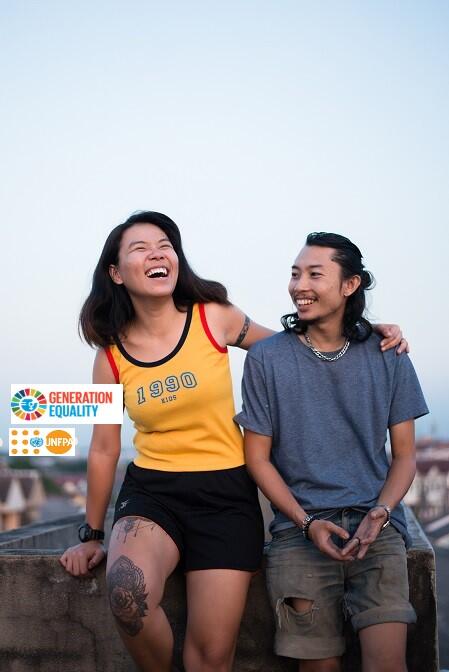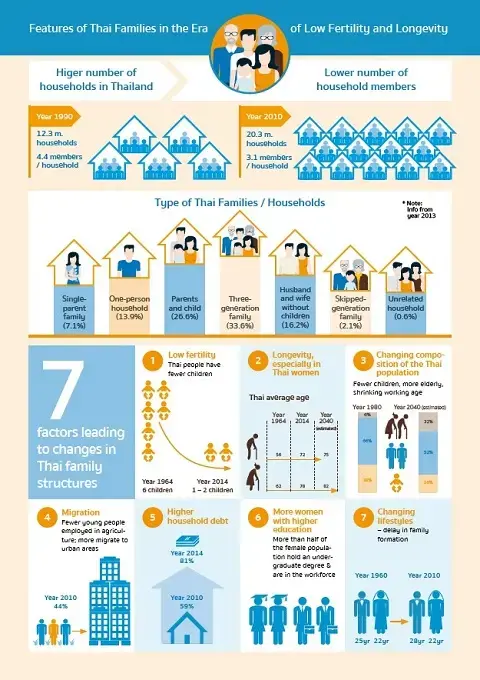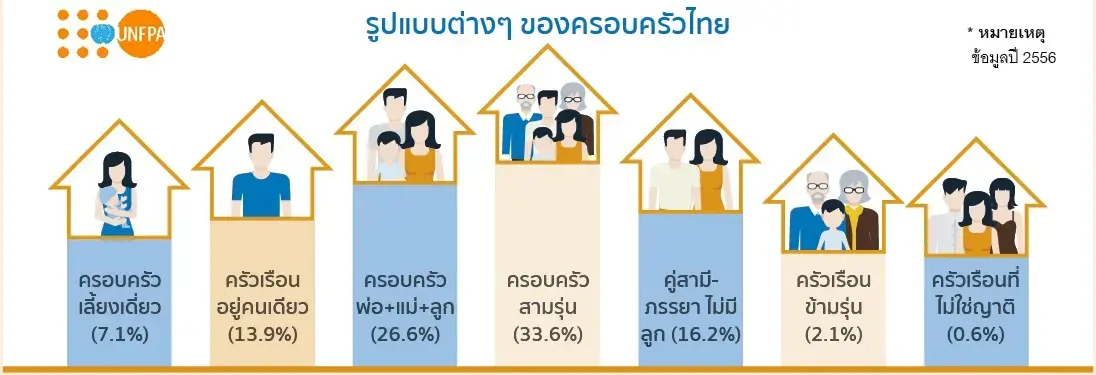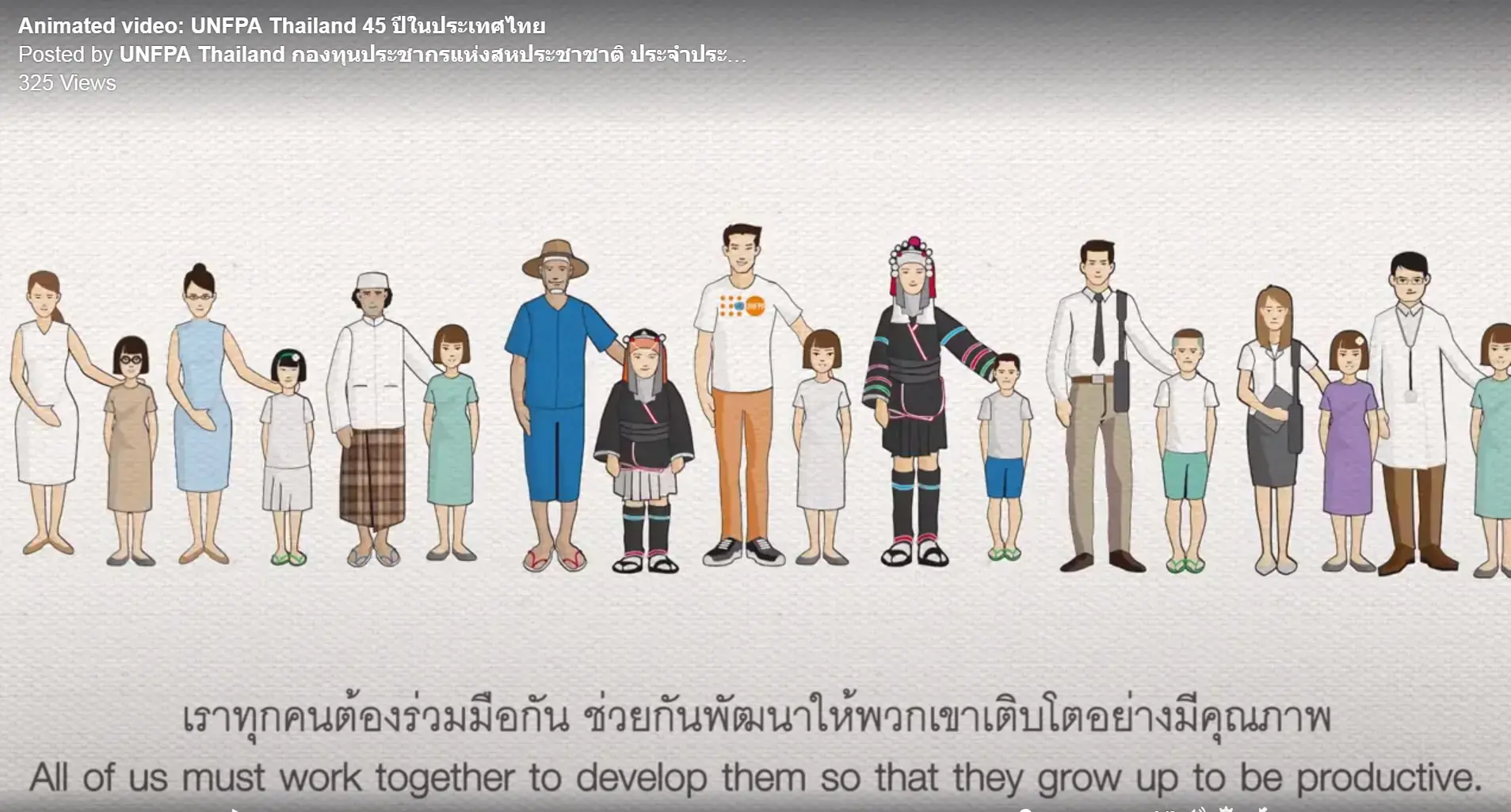This International Women's Day, we celebrate the icons (https://www.unfpa.org/icons-and-activists) who blazed the trail towards gender equality. We now look to today’s generation of activists, women who are shaping a vision of a better tomorrow for people of all genders.
Glimmers of progress – to end violence, to call out bias and discrimination, to ensure bodily autonomy and integrity, to secure equality – remind us that the path to a gender-equal future need not be long. Women are demanding that we prioritize their rights and choices and pick up the pace. It is urgent that we do so.
One in three women will face physical or sexual violence in her lifetime. One in five girls is married before age 18, and 200 million women and girls alive today have undergone some form of female genital mutilation.
These numbers are shocking, yet they only scratch the surface of our unequal world. Every year, nearly 300,000 women and girls die while giving life; the vast majority of these maternal deaths could be prevented. Hundreds of millions of women and girls want to avoid pregnancy, yet are not using reliable, modern methods of family planning.
Think for a moment about the conditions – the poverty, denial of information, unequal power relations, lack of access – that conspire to prevent millions of women from exercising their fundamental rights and making choices over their own bodies and futures.
We have the power to change this. By refusing to tolerate the normalization of violence and discrimination against women and girls, we can end it.
UNFPA is working with our partners, including young activists and change-makers, to dismantle the barriers standing between women and girls and their rights and choices. To achieve a gender-equal world, all women and girls must be empowered to realize their sexual and reproductive health and rights. We aim to achieve “three zeros” by 2030:
• zero unmet need for family planning;
• zero preventable maternal deaths; and
• zero gender-based violence and harmful practices, including child marriage and female genital mutilation.
Our efforts are based on high-quality data and evidence to ensure that no one is left behind.
Achieving these three zeros will require decision-makers to put their political and financial might behind fulfilling the promises made at the landmark International Conference on Population and Development (ICPD) 25 years ago. In 1994, governments agreed that the dignity and rights of individuals, including their reproductive rights, are the cornerstone of global development. Further commitments to realize the three zeros were made last November at the Nairobi Summit on ICPD25.
This year, the international women's movement marks a quarter-century since the Beijing Platform for Action laid out an ambitious blueprint for achieving gender equality.
It is now incumbent upon us to eliminate the remaining obstacles that stand in the way of women’s voices, choices, consent and equality. It’s high time to deliver on our collective commitments to ensure the bodily integrity and agency of women and girls in all spheres of their lives.
Let’s carry forward the goals of the feminists who came before us in partnership with those who uphold feminist ideals today. We are all Generation Equality. It is up to us to secure gender equality once and for all.





